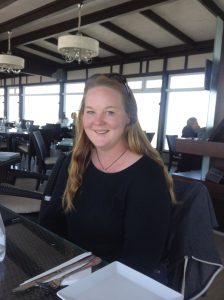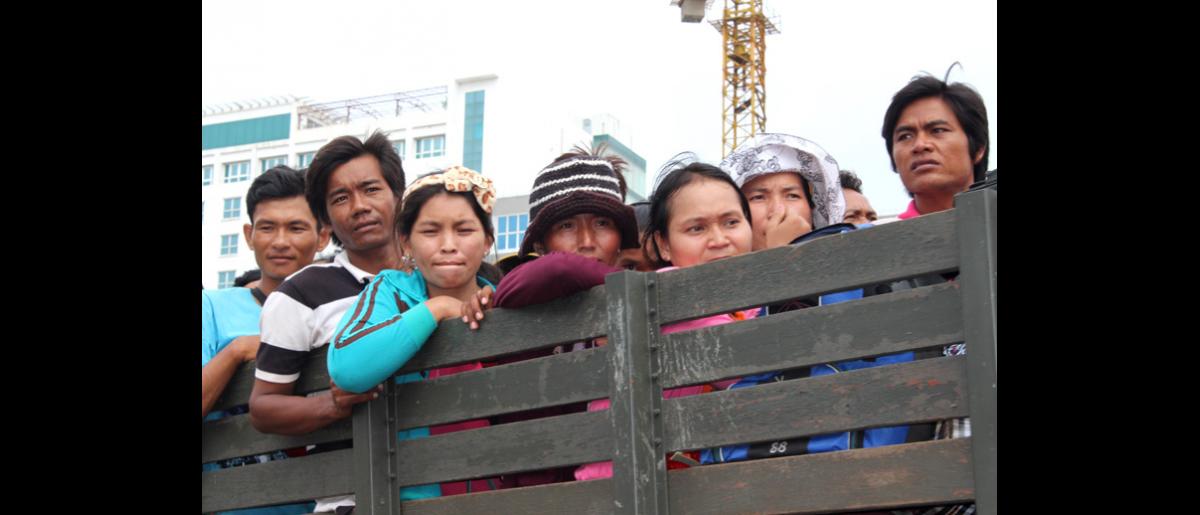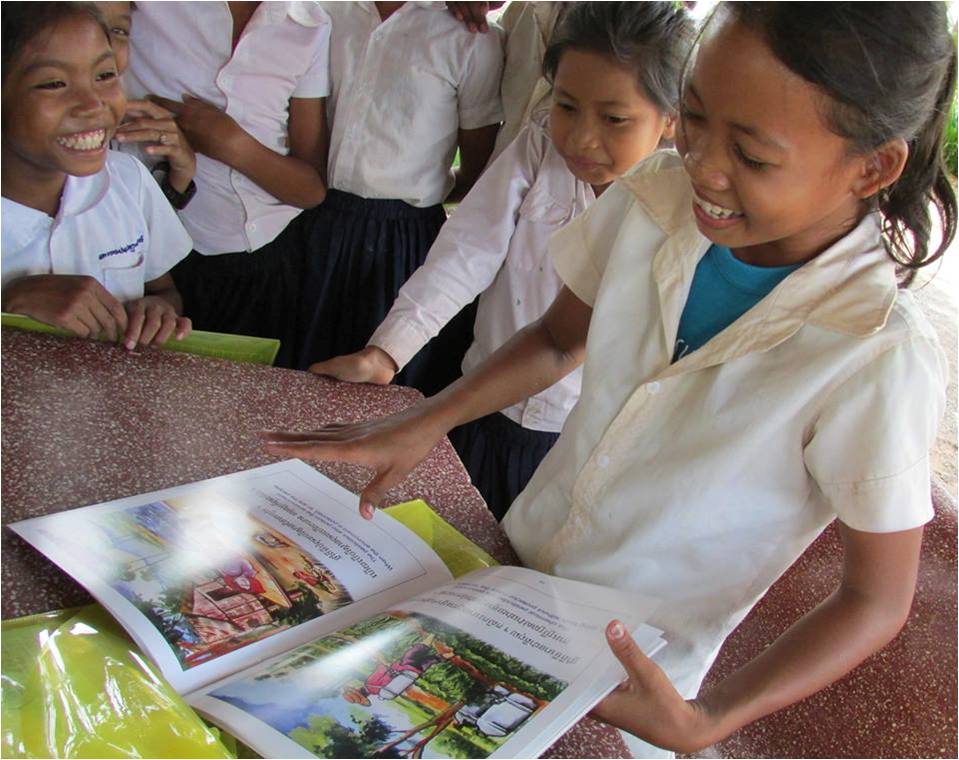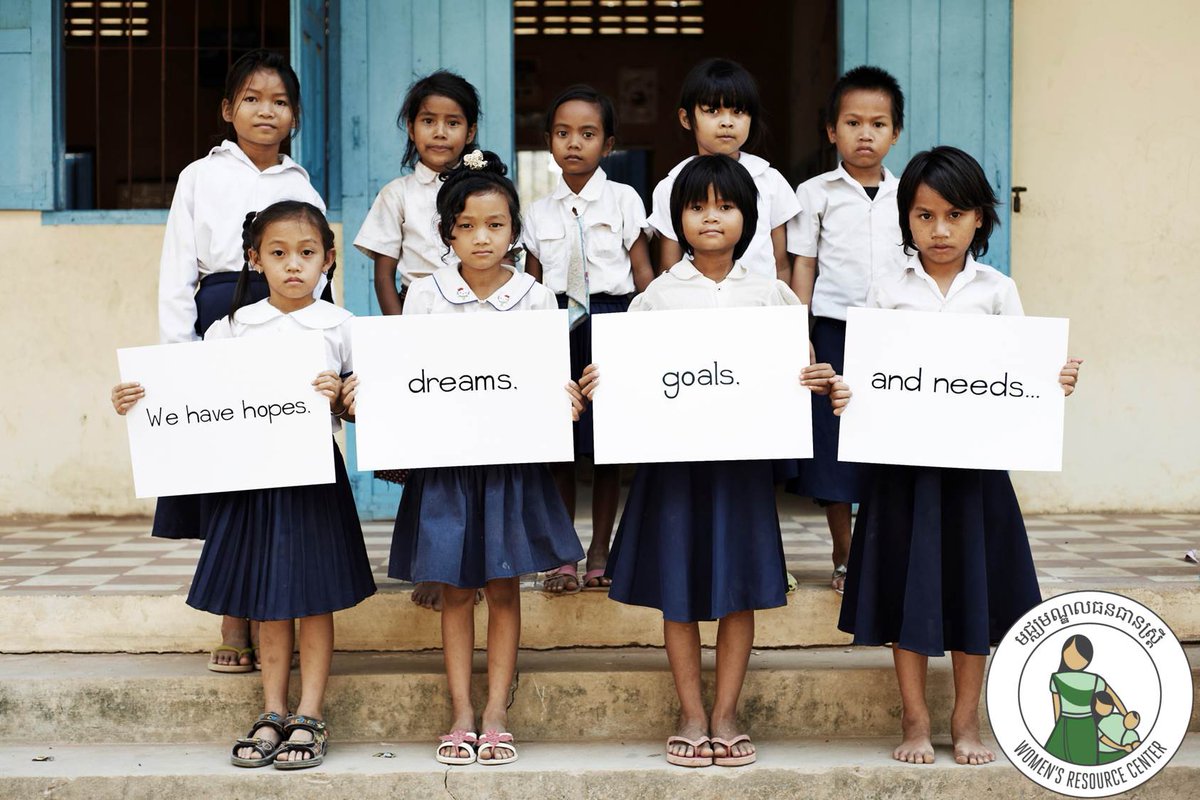by Gemma Marshall, Regional Development Manager, SE Asia
I was delighted to join the GoPhil team back in August 2016 to support the Foundation’s work in SE Asia. I have lived in Cambodia for a couple of years and initially met GoPhil through one of its partner organizations PEPY. I have a background in fundraising and communications and have worked overseas with grassroots NGOs for around 5 years now. It was wonderful that as I was looking for my next challenge just as GoPhil were looking for someone to develop the SE Asia region and be an on the ground contact for their work here.
As a foundation GoPhil has worked in SE Asia since its inception 5 years ago. We have been delighted to see the organizations we have been working with here thrive and go from strength to strength.— all these organizations are focused on education and some have varying degrees of family or community support woven into their core work. After 5 years of collaboration, GoPhil have seen them create more stable policies, procedures and donor bases. With our current partners doing so well and with me now on the ground, it was time for GoPhil to expand its reach by developing a deeper and broader network of of NGOs providing access to health, education and human rights. But where to start? It is a big region with so many challenges…
Where to begin
I live in Cambodia and have done for a couple of years so this made Cambodia the logical choice of country to begin as a focus. With so much to consider, it made sense to begin with the fundamentals—the lay of the land, the history and the key issues.
In Cambodia the most striking variables to consider are the high levels of poverty, migration to bordering countries for economic reasons, political unrest and levels of corruption, long term effects and PTSD from the Khmer rouge regime, dependence on and corruption within orphanages, environmental and land rights issues, the sex trade and trafficking. It also struck me how may NGOs there were (of varying standards) and how dependent the country seems to be on them.

Irregular migrants returning to Cambodia
Despite having lived in Cambodia for years, I was shocked by some of my findings.
- People can earn up to $5 a day in Thailand as opposed to $0.50 a day in rural Cambodia.
- There is very poor provision for mental health in Cambodia, high levels of PTSD (including intergenerational trauma) and no outlet or support for those who still suffer from the effects of the Khmer Rouge Regime.
- Many older family members look after children, whilst parents work abroad, and some of the older generation still fear education and therefore do not encourage their grandchildren to get educated.
- Poor families take their children out of school to work and support the family as opposed to encouraging education.
- People sometimes have to choose jobs that they do not want to do and that can lead to the risk of being trafficked.
Poverty, fear of and lack of education and hard choices are deeply linked. The cycle of poverty is truly tough to break. I started to see the areas where GoPhil could broaden our focus. The more I looked into the issues in Cambodia the more links I found to two key things – education and trafficking.
As Nelson Mandela said ‘Education is the most powerful weapon you can use to change the world.”

GoPhil partner Free to Shine
It seemed so elemental, but I kept coming back to the simple principle that if people feared education less, respected it more, the cycle of poverty could be broken. Education issues are most definitely a root cause of trafficking– vulnerable people are trafficked due to trickery and naivety stemming from lack of education on the victims part. Those most at risk of trafficking were people in poverty and with few options, mostly due to lack of education. Going back to these fundamentals really helped our team create the framework for which types of organizations we might support in Cambodia.
The next steps:
From the research I could see a clear need for education and anti trafficking work to be approached in combination. I looked for organizations seeking to use education and empowerment as a tool to fight trafficking – right from the root, empowering those from poor backgrounds with more skills and opportunities and reducing the risk of them being trafficked. GoPhil already has some great education partners, but as I drilled into this area, a definite gap for those leaving education and gaining skilled employment could be seen. We decided to focus our efforts to work with organization’s who were covering this gap – working on soft skills, supplementary education, confidence building, CV and cover letter writing, interview technique, job finding skills, expectations and rights in the workplace and much more.
The challenge was the there are so many NGOs in Cambodia— it would take time to identify those who fit our criteria. I sourced near one hundred NGOs working on job ready skills and / or trafficking through online research, word of mouth and networking. After a more thorough look at their work and ethos, I personally met with around ten of them. From here, the GoPhil team selected three to vet more deeply to ensure our synergies were aligned . GoPhil has a robust vetting process guided by strong ethics. We select grassroots organizations who have their beneficiaries at the center of their mission, programs that show particular innovation, and show transparency in all that they do. In addition, we source NGOs who have a natural desire to share their learnings as we believe this is how impact and ideas are spread most effectively.
We were thrilled that three NGOs were fully vetted and accepted as GoPhil partners. The next step—bring them into the GoPhil network and supporting them with pilot grants.

GoPhil patners ODA
Our new partners
Community Care First Organization (CCFO)
CCFO have been leaders in the field of transitioning out of residential care and supporting families and children with reintegration, kinship or foster care. This work in combination empowers people, supports strength in family units (where possible) and educates people about their job and migration choices. All these factors are important in fighting the trafficking issues we see in Cambodia. CCFO is working with communities and young people on several levels. They run workshops and one on one advice sessions for young people in order to help them transition into the world of work – these sessions are bespoke to the needs of the individuals or group, but include career counseling, CV and cover letter writing, interview technique, work place etiquette, learning and practicing soft skills and being empowered to know their employment rights. In addition, they also support communities with information on safe migration, choices and risks.
Women’s Resource Center
WRC is a local NGO run by Cambodian women for Cambodian women. They provide emotional support, referral services and informal education workshops for free to local women. WRC believes that access to information and support is the most effective method of self-empowerment for women. WRC offers drop in sessions for one on one support and educational workshops for local women to improve their skills on financial literacy, family care, women’s health and gender issues, social issues such as domestic violence and substance abuse.

Women’s Resource Center
Free to Shine
Free to Shine seeks to tackle sex trafficking by empowering young women through education and helping to keep them in safe environments. They support with scholarships, monitoring girls attendance, community education on trafficking and its root causes, and seek to work with families and support them to ensure children are brought up in family care as a first option. They believe that whilst a girl remains in education she is less vulnerable to trafficking, whilst at the same time gaining an education and skills that will give her a brighter future and protect her from trafficking in the longer term.
Researching NGOs in Cambodia was a fascinating and rewarding first project for me as the incoming Regional Development Manager for SE Asia. We found burning topics to get involved in, new ways in which to have impact in the region and some great organisations to support and add to our growing network. In addition to those mentioned above we were also lucky enough to find a small handful of other organisations that we hope to bring into our network as valuable partners, even if we do not have funds to support them at this time.
From here my research and development led me to Vietnam. I look forward to sharing more about the development there and some similarities and differences between the two countries next time….
Gemma Marshall – Regional Development Manager – SE Asia